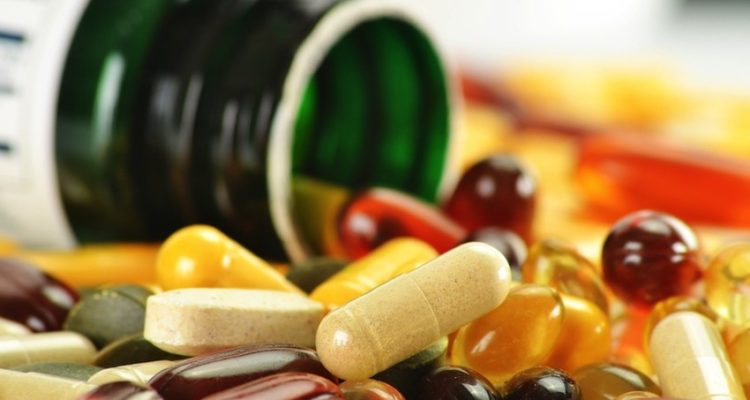The Supplement Industry:
The supplement industry is huge and can be very confusing at times. We’re being sold an enormous variety of different vitamins, minerals, powders, drinks and capsules, so it can be difficult to know what you need and tempting to spend a lot of money on products that promise life-changing results. However, some can be a great way to support energy levels and immune system health, but they’re intended to supplement an already balanced diet rather than actually replace foods.
The Power of Real Food:
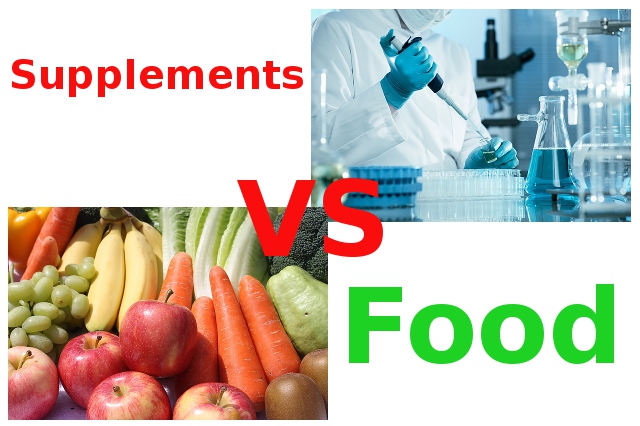
I believe that real, whole, fresh food is more beneficial than synthetic supplements as nature has cleverly designed foods to deliver the nutrients that your body needs in the correct proportions.
But if you’re not managing to eat as well as you could, or you’re trying to lose weight, then a quality multivitamin can offer valuable health protection by preventing a nutrient deficiency.
So what should you focus on?
We all have different lifestyles and needs, so it’s always best to consult a qualified health professional before beginning a course of supplements, as certain nutrients may interact with various medications and cause a risk to your health.
These supplements are an important addition to my diet:
Vitamin B12:
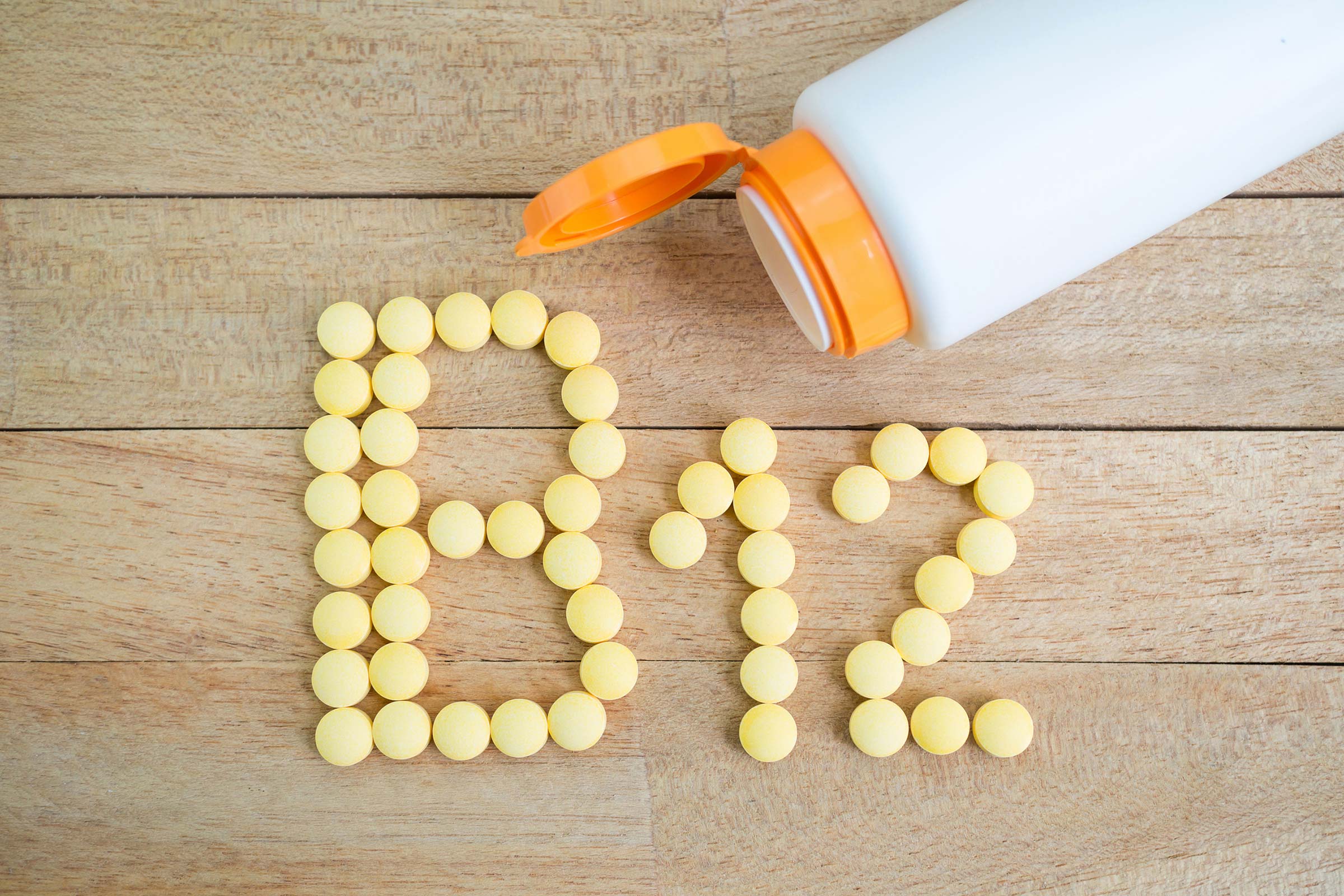
Vitamin B12 is essential for the protection and growth of your nervous system. One of the only vitamins you need to supplement on a plant-based diet is B12, as it’s found almost entirely in animal protein foods. B12 can be found in fortified plant milks, nutritional yeast and some sea vegetables, but my advice is to supplement B12 on a plant-based diet. The Irish recommended dietary allowance for adults is 3 micrograms per day, and 4mcg in pregnancy.
I use a daily spray under my tongue of methlycobalamin, which is the most effective form of B12 and from there it absorbs straight into my bloodstream.
Vitamin D:

Vitamin D deficiency can be big problem in colder climates. As a fat-soluble vitamin, it acts as both a vitamin and a hormone, and is important for absorbing calcium and phosphorus. Vitamin D is therefore crucial for healthy bones and teeth, plus normal growth, strong muscles and heartbeat. It boosts your immune system and thyroid function for a healthy metabolism.
There are different types of vitamin D, but vitamin D3 (cholecalciferol) is made in the skin when you’re in sunlight and as the most active form, it’s the type that you need to supplement. Just fifteen minutes in adequate sunlight, three times a week ensures that you’ll get enough vitamin D. But in the more Northern European countries, the sunlight is not adequate enough between November and March for us to make vitamin D3 naturally, so supplementing is important for your immunity and even to help prevent depression.
Some plants foods contain vitamin D, such as oatmeal, dandelion greens, shiitake and chanterelle mushrooms, sweet potatoes and parsley, plus plant milks like coconut and almond are usually fortified with it. I strongly recommend taking a daily vitamin D3 supplement and avoiding too much sun exposure, due to the damage and ageing that UV light can do to your skin.
Probiotics:
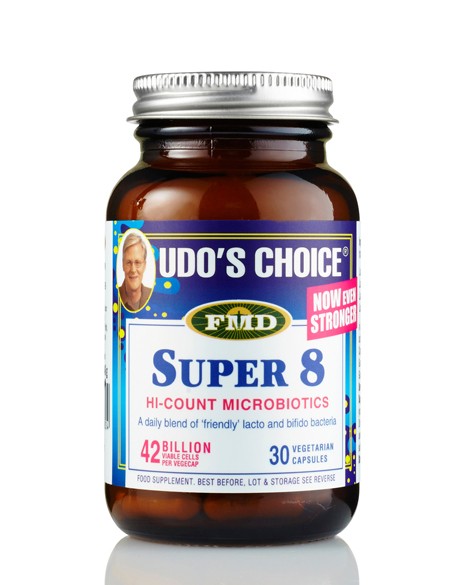
Probiotics or ‘friendly’ gut bacteria can be important for digestive health, immune system support, preventing a bloated stomach and proper absorption of nutrients. There are plenty of different brands available, but I find the Udo’s Choice Super 8 Probiotics (€26.99) work very well. They capsules need to be refrigerated and are best taken after your evening meal.
Omega-3 Fats:
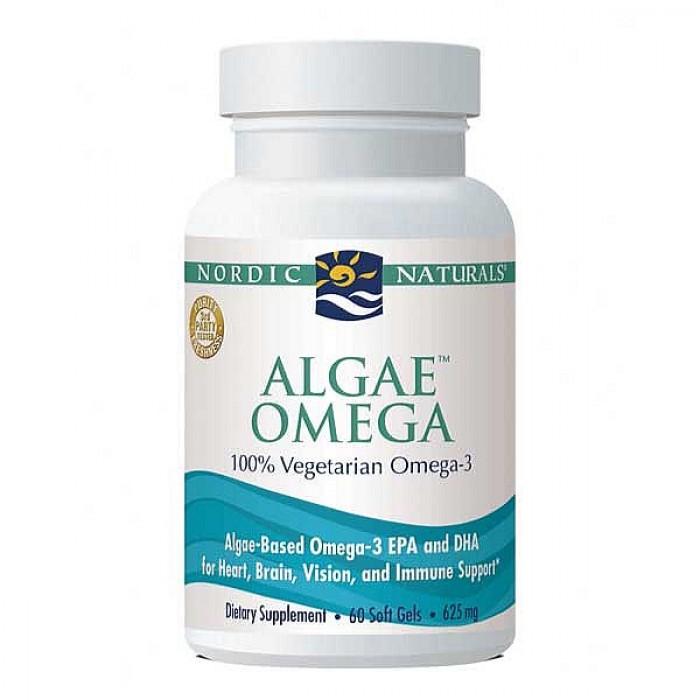
Sprinkle a couple of tablespoons of ground raw flaxseed onto soups, salads, smoothies or breakfasts each day to get plenty of skin-smoothing omega-3 fats. However, if you struggle with dry skin, dandruff or painful PMS, then it can be worth taking a good omega-3 supplement. I really like the Nordic Naturals Algae Omega-3 daily capsules (€28.99).

